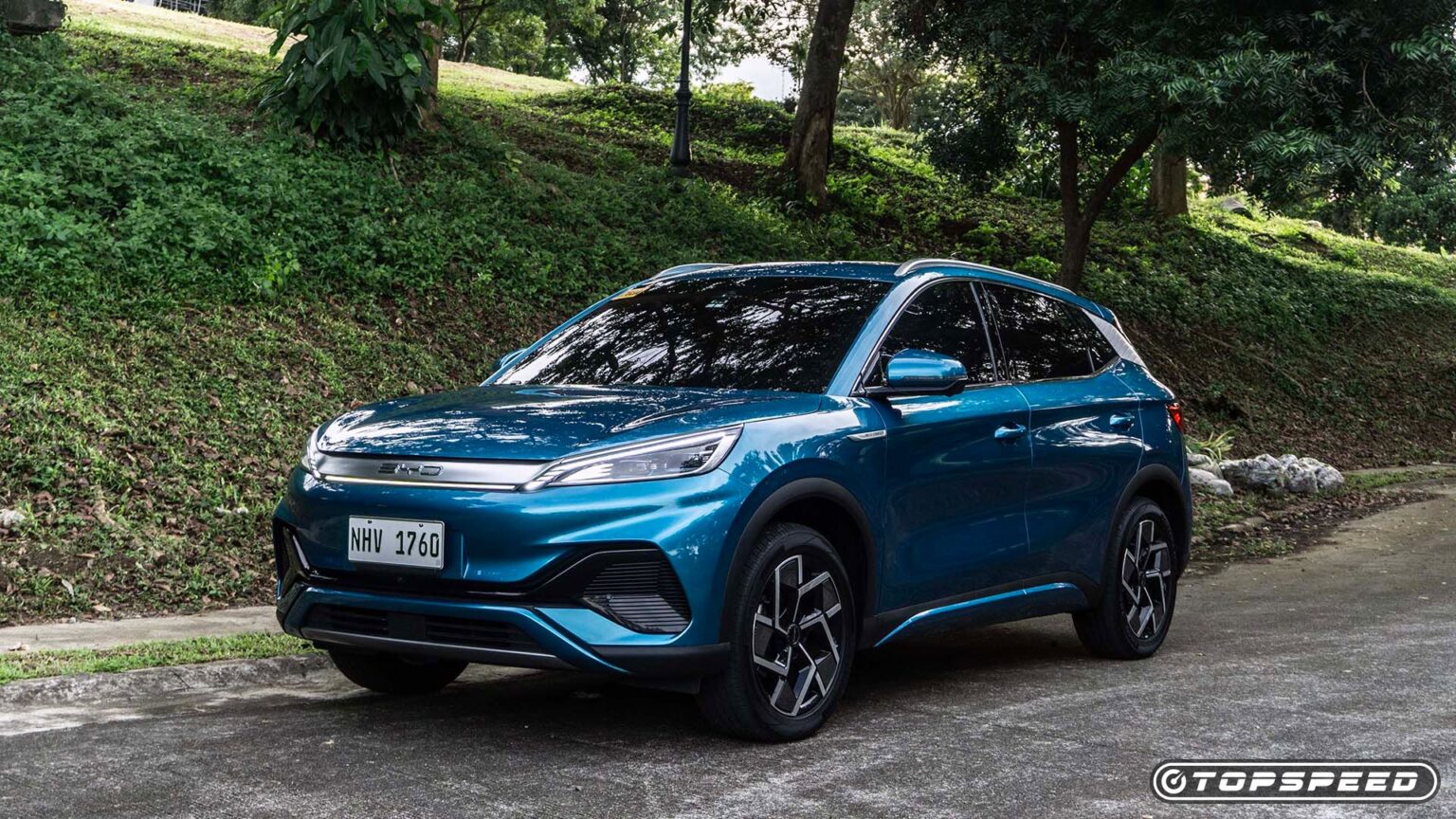Facing trade tariffs in the U.S., Canada, and Europe, Chinese automotive juggernaut BYD, regardless, continues its attempts to expand in other markets to stimulate growth. But this time, it could put South Korean carmakers Hyundai, Kia, and Genesis to the test as it aims at penetrating a market it has never entered before.
BYD, which closed off 2024 with yet another sales record, is looking to expand its operations on South Korean soil as early as this month. By the end of this year, the carmaker is targeting no less than 10,000 electric vehicle (EV) sales. Here’s how it plans on getting there.
BYD Will Officially Start Selling Cars In South Korea On January 16
According to a report from a Chinese-based automotive media outlet, the official date of BYD’s South-Korean market penetration will be January the 16th, with initial plans to open no less than 15 all-new showrooms in Seoul and Busan.
BYD plans on first releasing only EVs, which, if we are to base ourselves on the carmaker’s behavior when it enters a new market, could begin by selling the Seal, the Dolphin and Atto 3 EVs. The latter, by the way, currently costs $20,000 in markets such as Brazil and Mexico.
Unlike other markets where BYD is giving established brands a run for their money, South Korea could be a hard nut to crack due to the Hyundai group’s solid and competitive EV offering. Not only are Hyundai, Kia, and Genesis EVs great products,but they’re selling rather well worldwide. There’s also the factor that, in its home market, the South Korean car brands sell some rather cheap EVs. I’m thinking about products like the adorable Hyundai Casper Electric, which can get up to 196 miles on a single charge for about $20,000 (27.4 million won).
In Japan, BYD Is Shaking Up Domestic Players In The EV Space
South Koreans remain loyal to their domestic brands. However, the same can be said for Japan, where BYD also entered the market last year. After the first nine months of doing business there, it had already grabbed three-percent of Japan’s EV market share. The BYD Seal was named Japan’s top-selling EV import.
But, Japan’s EV offering is not as complete nor as aggressive as South Korea’s. Combined, the Hyundai group has a larger EV portfolio than Tesla, and offers different generations of EVs to suit various needs and budgets. A good example of this are the Hyundai Kona and Kia Niro twins, both riding on dated, yet still effective EV technology, sold at a more affordable price point. Meanwhile, the more modern E-GMP products, models like the Ioniq 5, Ioniq 6, and Ioniq 9, Kia EV3, EV6, and EV9, as well as the
are still considered some of the most capable and technologically advanced EVs on sale.
In other words, Hyundai is in a better position to face BYD in the EV race than any Japanese carmaker. Still, BYD has proven its might in other markets, and has managed to challenge established brands, both from Europe and the U.S. It’ll be interesting to see how this new market penetration will play out for BYD, and how the South Korean car industry will respond.
Read the full article here


